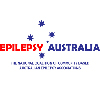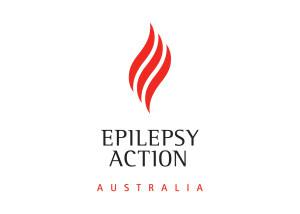Epilepsy: Overview
Epilepsy
 | Epilepsy, the most common serious neurological condition, is the continuing tendency of a person to have seizures. An epileptic seizure is caused by an abnormal electrical discharge from a group of nerve cells in the brain. There are many different types of epilepsy and many different causes. |
For more information, see Epilepsy.
Sudden unexpected death in epilepsy
 | People with epilepsy may die suddenly and unexpectedly without a clear cause of death. This is known as sudden unexpected death in epilepsy (SUDEP). SUDEP is the single most important cause of death in people with epilepsy. In people with SUDEP, no cause for death is found at post mortem. |
For more information, see Sudden Unexpected Death in Epilepsy.
The burden of epilepsy: the role of pregnancy registers
 | The inheritance of epilepsy is complex, and is strongly linked to genetic factors. It is influenced by the type of epilepsy, and the family history of epilepsy. As much as half of the people who are treated with epilepsy are women, many of whom are of childbearing age. In these cases, the greatest concern would be whether a child will inherit epilepsy. |
For more information, see The Burden of Epilepsy: The Role of Pregnancy Registers.
Antiepileptics
 | Antiepileptics are a class of drugs that try and prevent rapid, repetitive, stimulation of the brain that causes seizure activity such as in epilepsy. Antiepileptics are used for the prevention of seizures and associated complications. They are also indicated for acute treatment of seizures including status epilepticus and febrile seizures. |
For more information, see Antiepileptics.
Generic and branded antiepileptics
 | The use of generic drugs in epilepsy is highly controversial. While the FDA and TGA have stated that antiepileptic drugs of different brand names are bioequivalent, there is valid reason to believe the drugs are not therapeutically equivalent and therefore not interchangeable. |
For more information, see Generic and Branded Antiepileptic Drugs.
Epilepsy videos
Dr Chris Plummer
 | Dr Chris Plummer discusses epilepsy and the methods developed to localise seizures. |
Watch the video Epilepsy.
Dr Wendyl D’Souza
 | Epilepsy is a common serious neurological condition. Dr Wendyl D’Souza talks about what can be done for people diagnosed with epilepsy, and the resources available to them. |
Watch the video Epilepsy.
Supportive care
Epilepsy Australia
 | Actively delivering counselling, support and information, Epilepsy Australia is committed to supporting the Australian community in making enlightened and fully informed responses to epilepsy. |
For more information on this group, see Epilepsy Australia.
Epilepsy Action Australia
 | Established by concerned parents in 1952, Epilepsy Action Australia (EAA) has developed into the largest national provider of specialist epilepsy services for people with epilepsy, their carers, families and broader community. |
For more information on this group, see Epilepsy Action Australia.
Dates
Tags
Created by:

 Login
Login














